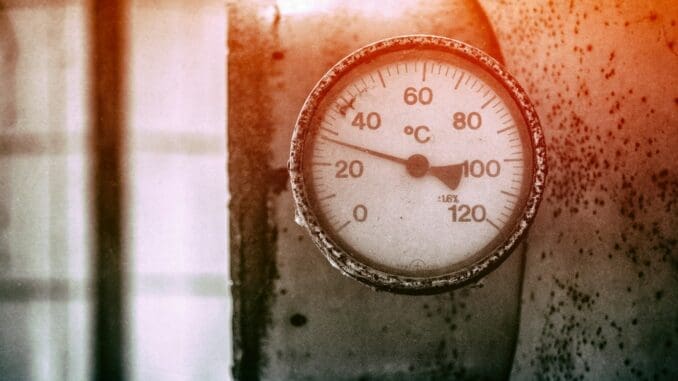
When booking a hotel stay, there’s one amenity you expect without question: hot water for showering. But have you ever wondered how hotels heat up all that H2O for hundreds of rooms? There are two main options – electric or gas hot water systems. As per experts like Same Day Hot Water Service, for hotels, gas is definitely the way to go. Keep reading to find out why this info could help you be an expert hotelier someday.
Electric Systems – Quick & Easy but Not Efficient
First let’s look at electric hot water systems. These use electricity to heat water in a large tank or on-demand as needed. Some pros:
- Installs faster than gas systems
- Smaller and take up less space
- No gas lines or ventilation needed
Seems convenient, right? But for hotels with tons of rooms, the cons start to stack up:
- Electricity costs a lot more than gas
- Not enough capacity for peak demand with lots of guests
- Increased electrical load can overload circuits
So while electric works fine for houses, it just doesn’t cut it for high-volume hotels. Running hundreds of electric water heaters would eat up the utility budget.
Gas Systems – More Complex but Way More Capable
That brings us to gas hot water systems. They use natural gas or propane to heat water instead of electricity. What are the major perks?
Way Cheaper to Operate
Gas prices are much lower than electricity rates. We’re talking like two times cheaper. Multiplied by the huge hot water needs of a hotel, the savings add up fast. Cha-ching.
Bigger Capacity and Endless Hot Water
Unlike electric tanks that run small, gas systems have enough capacity for every guest to enjoy long showers with no unexpected cold spurts. No more angry patrons with shampoo in their hair.
Long-Lasting and Low Maintenance
Commercial gas heaters are also built to last with minimal repairs needed over time. They withstand the demands of high traffic hotels for 15-20 years or more. Pretty impressive.
Added Safety Features
Gas systems have extra safety shut-off valves and ventilation to prevent risks. And multiple units provide redundancy if one needs maintenance. Safety first.
Gas Isn’t Perfect – Installation is Trickier
Alright, gas systems aren’t all magical. Installing them takes more work upfront:
- Gas lines must be connected which can mean plumbing and electrical upgrades.
- Proper ventilation is a must to avoid buildup of emissions.
- Usually need multiple smaller units rather than one large one.
- Overall more complex job best left to qualified commercial pros.
But once properly installed, a commercial gas system will deliver years of reliable performance and savings.
Let’s See Gas Hot Water in Action.
Pretend you own a bustling 100 room hotel called the Oceanview Inn. You need to heat a gazillion gallons of water every day for all your guests.
First you tried electric water heaters since they seemed convenient. But boy did you end up with problems:
- Crazy expensive electric bills eating up profits
- Not enough hot water at busy times, guests were ticked
- Electrical issues from overload
Finally, you call a plumber and upgrade to a high capacity gas system with multiple units. Though installation was pricier, it was so worth it:
- Your utility bills dropped by thousands per month.
- Even on packed weekends, there’s endless hot water for everyone.
- No more electrical problems now that the load is reduced.
Your guests are happier than ever thanks to the comforts of gas hot water. And your wallet is pretty happy too.
When Building a Hotel, Go With Gas H2O Heating
Whether you hope to be a future hotel magnate or just want the inside scoop for your next vacation, now you know why gas systems rule for hotels. Cheaper, higher capacity, safer, and more dependable – gas has all the perks.
Conclusion
So next time you get into a perfect temperature shower at a hotel, be sure to appreciate the well-engineered gas hot water system making it possible. The end (or just the beginning of your hotelier dreams).

Be the first to comment